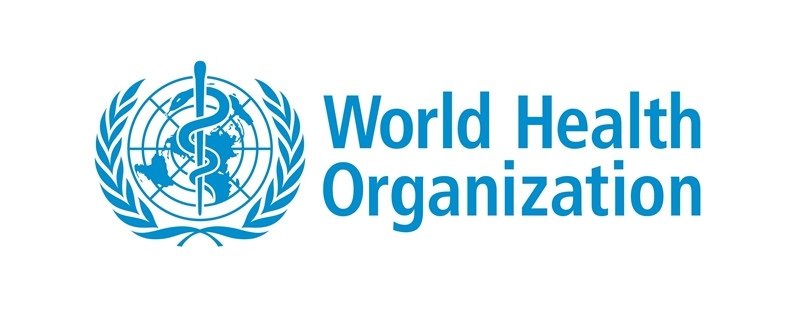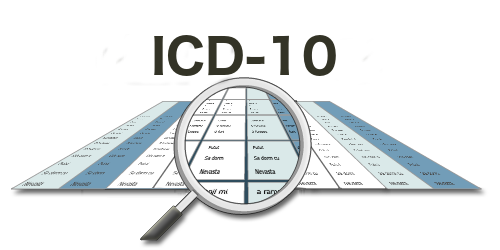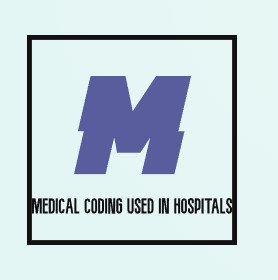Medical Coding Used in Hospitals
Medical coding is a system used in hospitals and other healthcare settings to assign unique codes to different diagnoses, procedures, and treatments. These codes are used for a variety of purposes, such as billing for services, tracking patient care and outcomes, and creating population health data.
There are several different medical coding systems in use, but the most widely used in the United States is the International Classification of Diseases, or ICD.
This system is maintained by the World Health Organization (WHO) and is updated periodically to reflect advances in medical knowledge and practice.

In the United States, the ICD codes are used for billing purposes and are known as Current Procedural Terminology (CPT) codes.

Medical coders are trained professionals who are responsible for assigning the correct codes to diagnoses, procedures, and treatments based on the documentation provided by healthcare providers.
They must have a thorough understanding of the coding system and be able to accurately interpret medical records and other documentation to assign the appropriate codes.
The use of medical coding is important for ensuring accurate and consistent billing, tracking patient care and outcomes, and creating population health data.
It helps to ensure that patients receive the proper treatment and that healthcare providers are fairly compensated for their services.
What is medical coding used for

Medical coding is a system used to assign unique codes to diagnoses, procedures, and treatments in healthcare settings. It is used for a variety of purposes, including:
Billing: Medical codes are used to bill insurance companies and other payers for the healthcare services that are provided to patients.
The codes help to ensure hat the correct charges are applied and that healthcare providers are fairly compensated for their services.
Tracking patient care and outcomes: Medical codes are used to track the care that patients receive and to evaluate the outcomes of that care.
This information can be used to improve patient care and to identify areas where care may be lacking.
Creating population health data: Medical codes are used to create data on the health of a population, which can be used to identify trends and patterns in healthcare utilization and to inform public health policy.
Research: Medical codes can be used to identify specific patient populations or to track specific diagnoses or procedures in research studies.
Overall, the use of medical coding is important for ensuring accurate and consistent billing, tracking patient care and outcomes, and creating population health data.
It helps to ensure that patients receive the proper treatment and that healthcare providers are fairly compensated for their services.
What coding system do hospitals use?

Hospitals and other healthcare settings use a variety of coding systems to assign unique codes to diagnoses, procedures, and treatments.
The most widely used coding system in the United States is the International Classification of Diseases, or ICD, which is maintained by the World Health Organization (WHO).
In the United States, the ICD codes are used for billing purposes and are known as Current Procedural Terminology (CPT) codes.
Other coding systems that may be used in hospitals include the Healthcare Common Procedure Coding System (HCPCS), which is used to classify medical procedures and supplies, and the Diagnosis Related Group (DRG) system, which is used to classify diagnoses and procedures for the purpose of reimbursement.

Medical coders are trained professionals who are responsible for assigning the correct codes to diagnoses, procedures, and treatments based on the documentation provided by healthcare providers.
They must have a thorough understanding of the coding system and be able to accurately interpret medical records and other documentation to assign the appropriate codes.
How many types of codes are there in hospitals?

There are several different types of codes used in hospitals and other healthcare settings. Some of the most commonly used codes include:
International Classification of Diseases (ICD) codes: These codes are used to classify diagnoses and are maintained by the World Health Organization (WHO). In the United States, the ICD codes are known as Current Procedural Terminology (CPT) codes and are used for billing purposes.
Healthcare Common Procedure Coding System (HCPCS) codes: These codes are used to classify medical procedures and supplies and are used for billing purposes in the United States.
Diagnosis Related Group (DRG) codes: These codes are used to classify diagnoses and procedures for the purpose of reimbursement.
Procedure codes: These codes are used to classify surgical and other medical procedures.
Supply codes: These codes are used to classify medical supplies and equipment.
Drug codes: These codes are used to classify medications.
There may be other types of codes used in hospitals and other healthcare settings as well, depending on the specific needs of the facility and the services that are provided.
Do all hospitals use ICD-10 codes?

ICD-10 is the tenth revision of the International Classification of Diseases (ICD) codes, which are used to classify diagnoses and are maintained by the World Health Organization (WHO).
In the United States, the ICD-10 codes are known as Current Procedural Terminology (CPT) codes and are used for billing purposes.
Most hospitals in the United States use the ICD-10 codes for billing purposes.
The use of these codes is required by law for all healthcare providers who bill Medicare and other payers for services.
The ICD-10 codes are updated periodically to reflect advances in medical knowledge and practice and to ensure that they accurately reflect the diagnoses and procedures being performed in healthcare settings.
Other countries may use different versions of the ICD codes, depending on the specific needs of their healthcare systems and the codes that are required by their payers.

